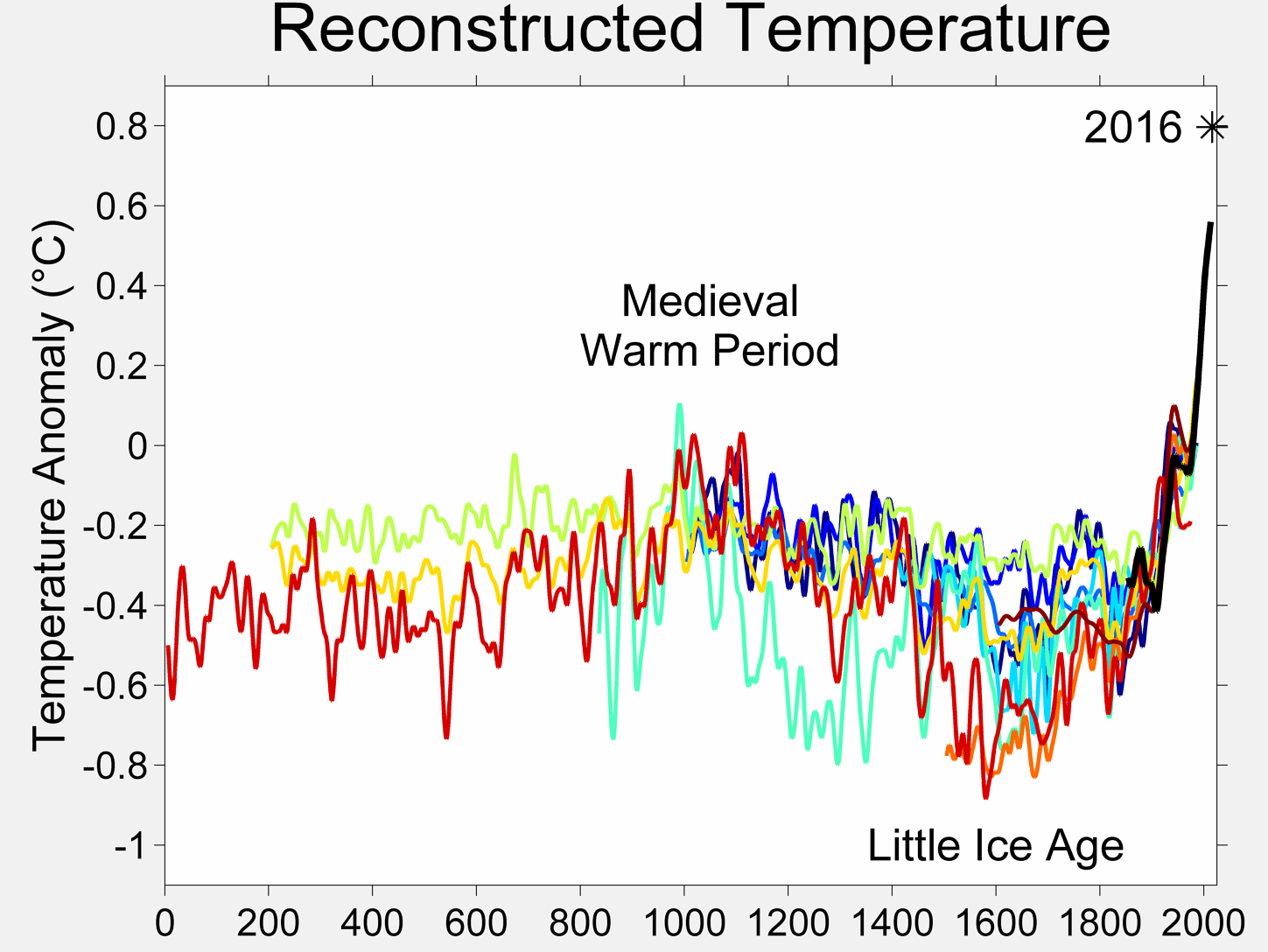kepler: If I understand you correctly, I don't think that a debate about the accuracy or controversy of 14 C dating automatically means a score for the other side (the Bible). I'm quite happy to concluded nothing. The absence of evidence of God does not automatically make science right. There's still the burden of proof to fulfill in any case.
Just by deduction alone, it stands to reason that if the Earth once enjoyed a fairly tropical climate (evidenced by the vegetation found near the Arctic Circle), when it got cold and areas started to freeze, it was because prior to that some protective canopy kept the heat in. One of the possibilities may be somewhat like the conditions we have today; a condition of global warming existed because of excess CO 2 .
Perhaps instead, a global vapor cloud-cover created the warm conditions that existed. Some scientists suggest that the sudden change of polarity in the Earth (The North Pole became negative and the South Pole became positive) may play a role in sudden atmospheric changes. They've documented those magnetic reversals happening several times throughout geologic time. I'm not asserting which of the conditions actually existed, but in either case we could have had sufficient cause for major flooding in certain parts of the world, which is what the geological evidence shows and what might have cause the freezing of the high Northern & low Southern latitudes.
Flooding is also a fear today should a certain percentage of the Arctic ice melt due to global warming, even without a vapor cloud-cover. We would have major flooding from Manhattan to Southern Florida to a good portion of India. Is that global? I don't know. But it would be significant. There's no need or justification for any of us to use that information to support any other ancient story. All I'm considering is that such an event can be the cause for moving around material, including 14 C, that would contaminate and skew or measurements.
Etude.

